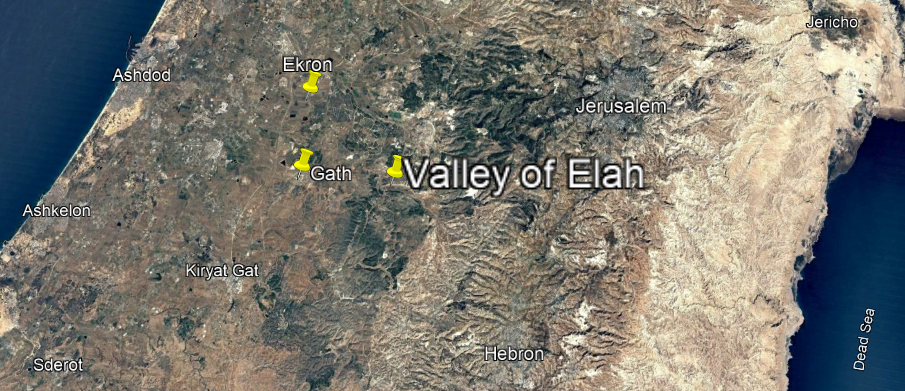
Jesus in the Old Testament is a series of posts that will offer my readers a chance to consider pictures or shadows of Jesus in the Old Testament. As mentioned in the introduction to this series, some may be obvious, some may be not so obvious, and some may simply be a facet of the Lord those reading may not have considered previously.
I hope as we venture through this series, we will see the Lord in many wonderful pictures throughout the Old Testament.
| SEEING JESUS IN |
| Absalom |
| Judge |
| 2 Samuel 13:32 But Jonadab the son of Shimeah, David’s brother, said, “Let not my lord suppose that they have killed all the young men, the king’s sons, for Amnon alone is dead. For by the command of Absalom this has been determined from the day he violated his sister Tamar. |
| Acts 10:42 And he commanded us to preach to the people and to testify that he is the one appointed by God to be judge of the living and the dead.. |
Absalom commanded judgement upon his brother Amnon for a dastardly deed he performed years earlier. Amnon had deceived his sister Tamar into providing a meal in his room, forcing her sexually and then rejecting her after having raped her.
Absalom had no right to exercise this execution but for the sake of his seeming sense of justice, or his love for his sister, or for his desire for the kingdom, – for whatever motivation that drove Absalom – he planned, prepared and with premeditation, had his brother murdered at his command.
Absalom judged his brother. Absalom, at this point in his life appeared to be taking vengeance on Amnon for his sister Tamar. What follows in the story of Absalom is a tale of deceit and rebellion that may provide the motivation of Absalom in the murder, for Amnon was next in line for the kingdom, and though what Amnon did to Tamar was vile and wicked, I see Absalom as an opportunist. This evil of Amnon provided Absalom an opportunity to rid the family of a contender for the throne! All under the guise of justice!
Absalom took the position of judge in this early part of the story, looking all pious and righteous in defending his sister, yet the true Absalom shone through later on.
With Jesus, there is a complete contrast, for are not his intentions purer than Absalom’s, in that His motivations were of love, and the hurt was self inflicted. Yes – Jesus is the Judge of all living and the dead, and we can be confident his judgement will be true, right and proper.
And remember – with Jesus we can be confident that His motivations are pure, true, right and proper.
Thanks again for coming to visit. I hope you found something of interest in this post and would appreciate a comment, to begin a discussion. If you know someone this blog may bless (or challenge), send them a link, so they may join us in our discussion.
Come join us at Considering the Bible






